|
A high energy, sharply executed horror comedy which masterfully balances tone, with both its horror and comedic sensibilities working in unison to craft a diabolically little romp that separates itself from the tired "cabin-in-the-woods" comedy horror hybrid it arguably helped create. Featuring a good conceptual framework and a narrative which escalates as it progresses, The Quiet Family details the plight of a family who can't seem to get out of their own way, digging themselves deeper and deeper into the proverbial hole, more out of ignorance and fear than maliciousness. The violence that unfolds is reactionary not calculated, but the family keeps digging more and more graves and Kim embraces the absurdity of his premise whole-heartedly, infusing the film with an energy that is infectious. A heightened horror comedy in which the formalist sensibilities - including a great upbeat pop rock soundtrack - aim for fun first and foremost while also satisfying those looking for a macabre series of deaths, The Quiet Family is simply put, a fun ride.
0 Comments
A disjointed, manic cold war era thriller in which a treasure trove of actors join Sam Peckinpah for his last ride. Craig T Nelson's mustache is a highlight, along with Peckinpah's style in which simple sequences of action are stretched into rich tapestries of violence, yet The Osterman Weekend suffers from discombobulated plotting in which its narrative drives towards its conclusion showing little concern for coherence. Clearly a commentary on the CIA and its detached actions as it relates to democracy, The Osterman Weekend is a best appreciated as a pulpy cold war era thriller in which a great assortment of actors chew screen-time with one of the great American filmmakers of his era whose time was coming to an end.
Play It as It Lays is a manic effort, one in which Frank Perry creates a rather unique portrait of a common thematic ideal, exploring the vacuous nature of Hollywood. The facade of accomplishment must be maintained despite the toxicity it induces, and through the fractured psyche of a washed up B-movie actress who has lost all sense of agency, Play it as It Lays asserts itself as a dizzying yet fascinating effort in the lonely rich person film canon. Centered around a character who attempts to numb herself from the degradation caused by being extraneous to her husband and much of the industry as a whole, Play It As It Lays' film grammar features harsh transitions, chaotic editing, and an elliptical structure which encapsulates this woman's increasingly shattered sense of self worth. While the film doesn't feel entirely cohesive at times, it works more than it doesn't, due in large part to Tuesday Weld and Anthony Perkin's strong performances, as well as Franky Perry's direction, which shows no restraint in crafting a formalism which it evokes the increasingly fractured psyche of its main protagonist.
Imbued with a sense of stagnation, Cote's enigmatic exploration of the eroding rural community manages to be both eerie and somber, detailing how individual's cope with something as intrinsic to the human condition as change. Bodies move throughout space, shrouded in a sense of stagnation, the milieu captured through use of a 16 mm film stock aesthetic encapsulates the endangered terrain which rural communities rest - the social and economic forces of change a foreboding force on the horizon. A film which fuses the supernatural elements into its ensemble character study of a community dealing with loss and the threat of a changing landscape, Cote manages to pack in a lot into a short runtime, and through his singular formalist sensibilities he has crafted a curious, yet affecting portrait of a community which manages to feel particularly expansive as it related to the current epoch.
Typically known for his screwball comedies, Make Way For Tomorrow sees the Leo McCarey turn a pensive eye towards the those whom are often overlooked in society - the elderly class. The cold, ineffectual mechanics of the world are displayed through a heartfelt story of an elder couple who increasingly becomes a burden for their children, as they've grown incapable of staying afloat financially due to the rapidly changing world that has left them behind. Managing to be pitiless while highly empathetic, Make Way Tomorrow is incisive at examining the emotional complexities of a world in which individualistic financial achievement, technological progress, and innovation have replaced the social (family) at the type of hierarchy. The degradation of this older couple, the burden they present to their son's and daughters is one that moves slowly and efficiently throughout the narrative; McCarey's film is largely uninterested in placing blame on individuals of this story for the tragic plight which unfolds, and in doing so the film becomes more effecting, pointing to a larger societal problem, one in which the elderly are implicitly treated as exposable due to their inability to contribute to the market economy. Cherish your loved ones, respect the knowledge and sacrifices of your elders, family is everything.
A highly influential work of Indian cinema, The Seedling (Ankur) employs a clever narrative construction, carefully and deceptively placing a man of a higher class - the privileged son of a wealthy landlord - as the central fulcrum to its story centered around the injustices of the caste system and the subjugation of woman. The relationship which unfolds between this man and his housekeeper, a woman who is dealing with a husband whose sense of degradation has led to self destructive behavior, is a deceptive facade for Shyam Benegal, who uses preconceived notions of romance to exhibit the underlying master vs. slave power dynamics at play. The commodification of the feminine physique is used as a security mechanism for this housekeeper, trading sex for security in a way that personifies the coercive social construction of the caste system in a particularly piercing way. Choice is a fabrication, injustice a given, in this social system which lets the privileged pray on the weak.
Self-referential yet constructing something entirely new built around vicissitudes of an artist's relationship with his past work, the last of Truffaut's Antoine Doinel films is a delightful experiment in elliptical construction. Truffaut's oeuvre is embedded into the schematics of Love on the Run, as Doinel now in his middle-30s suffers from his impulsive, ego-driven persona leading him to a place of reflection as he looks back on his past relationships over the years. Love on The Run explores the cyclical transference between life and art - how they feed into each other, with Truffaut being a little more muted in his typically frantic style, featuring longer takes which interplay well with the reflective nature of the film. The interplay between the malleability of resurfacing memories and the progressive nature which experience brings is one of the film's more incisive attributes, the past's lasting impact on the present being felt both inside the film by the main protagonist and outside it as well through Truffaut's conceptual framework and the evolution of his formalist stylings.
A visually stunning sensory experience that oscillates between sensual provocation and introspective drama, set at the fulcrum of sex and power. Pablo Larrain's most recent film is best classified as an experience, employing an anarchic structure to tell its dizzying tale of an emotionally fractured woman. An incendiary portrait, Ema traverses a space in which the material and metaphysical blur, and while the film's opaque intentions can at times lead the film to feel like nothing more than empty provocation, the craft involved makes this film worth experiencing for the immersive world created by Larrain. One of the biggest faults of Ema is it simply never coalesces into anything holistic thematically, flirting with various ideals centered around sex, love, and power but it feels scattershot, as if Larrain is just throwing up ideas on a wall and seeing what sticks. The failures of the characterization has little to do with likability, as she is endlessly intriguing, but more to do with a lack of sophistication, as much of her actions feel inorganic, written more for the aesthetic pursuit than any attempt at crafting incisive commentary about trauma, love, sex, and/or power.
Melancholy wrapped in a beautiful b&w aesthetic in which the cityscapes of NYC are purveyed through an alien lens of a character adrift as he visits his girlfriend who is studying abroad. Lean and efficient storytelling that is empathetic towards both its central protagonists, Sunrise/Sunset is an existential character study which deconstructs the psyche of a young man whose struggling to find his path. With subtle undercurrents detailing the importance of personal worth, Sunrise/Sunset is a nuanced and affecting study of a slowly floundering relationship, depicting the oscillation of emotion for those who struggle to find purpose or meaning in the world and the strain it places on those who care for their well-being. Attachment in which the relationship isn't built on equal footing is dangerous terrain, and through Sunrise/Sunset's brief but piercing 50 minute run-time the film manages to exhibit this through a lens which resists judgement or melodrama while largely refusing to place blame.
More a story of perseverance than hope, Jean Renoir's The Southerner is neorealism fable set in the American south which exemplifies the unbreakable will of the American spirit. Showing an admiration for entrepreneurship yet precise in its details of the struggles intrinsic to setting out on one's own, The Southerner is about determination in the face of the cold, hard world being incisive in the way it contextualizes the amorphous nature of what it means to be free. Social and economical aspects of freedom are examined through Renoir's pensive, humanistic lens, as the trials and tribulations of a cotton picker in the American South, who sets out for a better future for his family, plays out across a tumultuous trajectory of highs and lows that offer no reprieve.
|
AuthorLove of all things cinema brought me here. Archives
June 2023
|
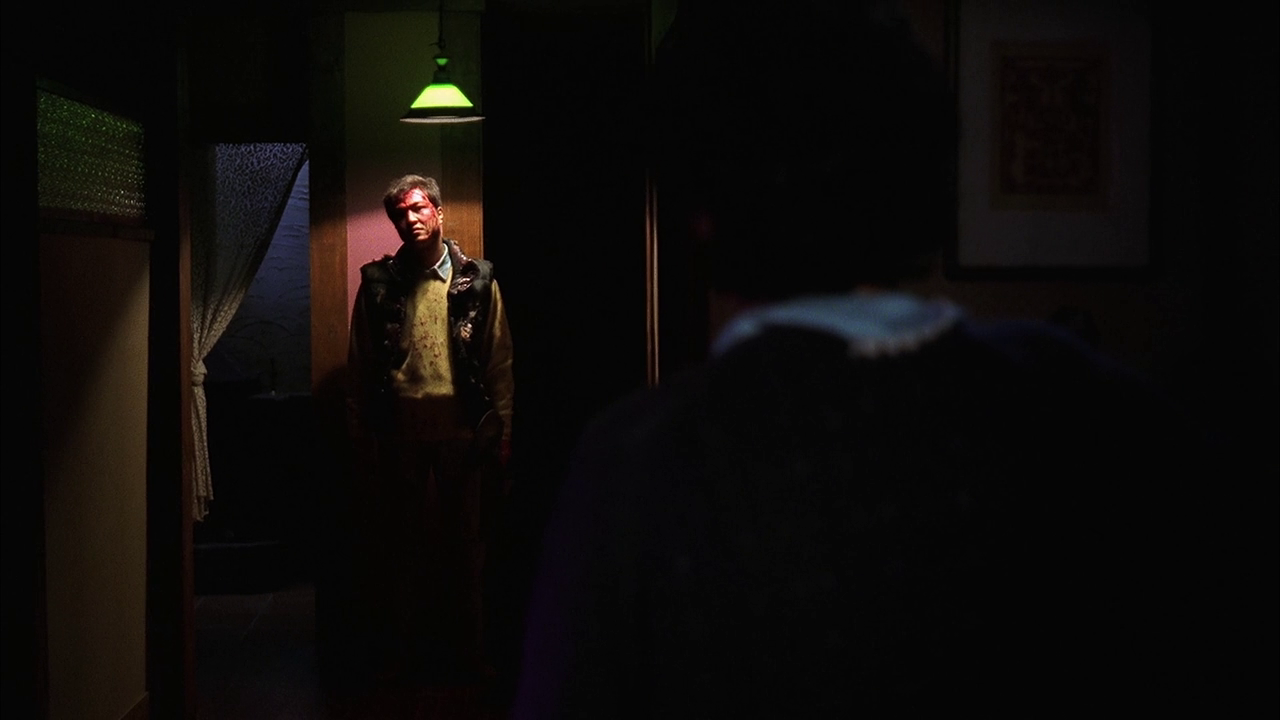
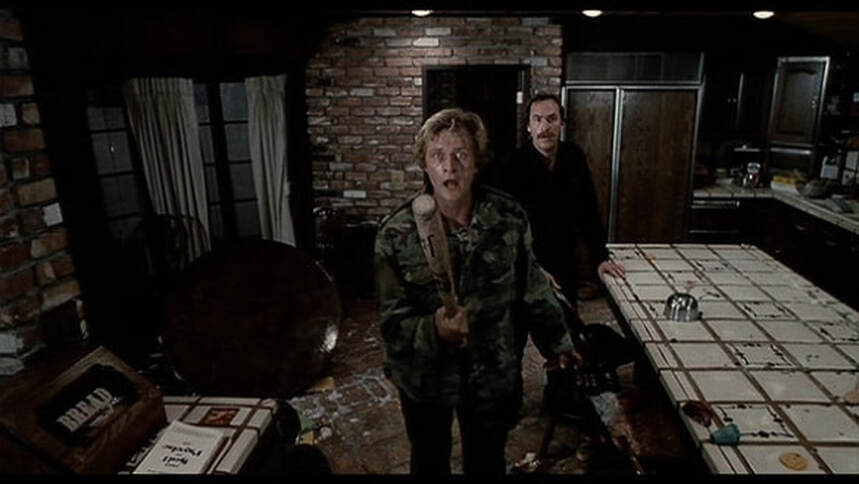
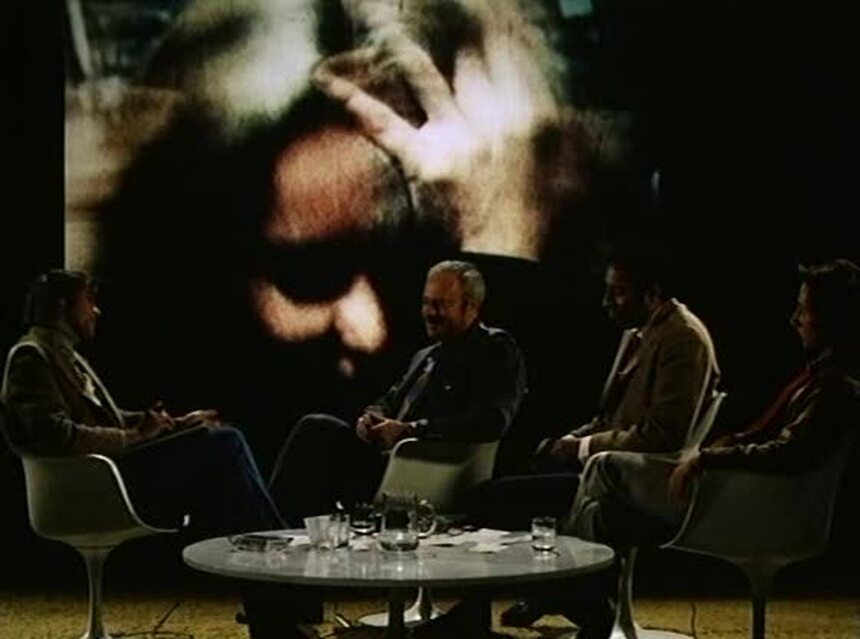
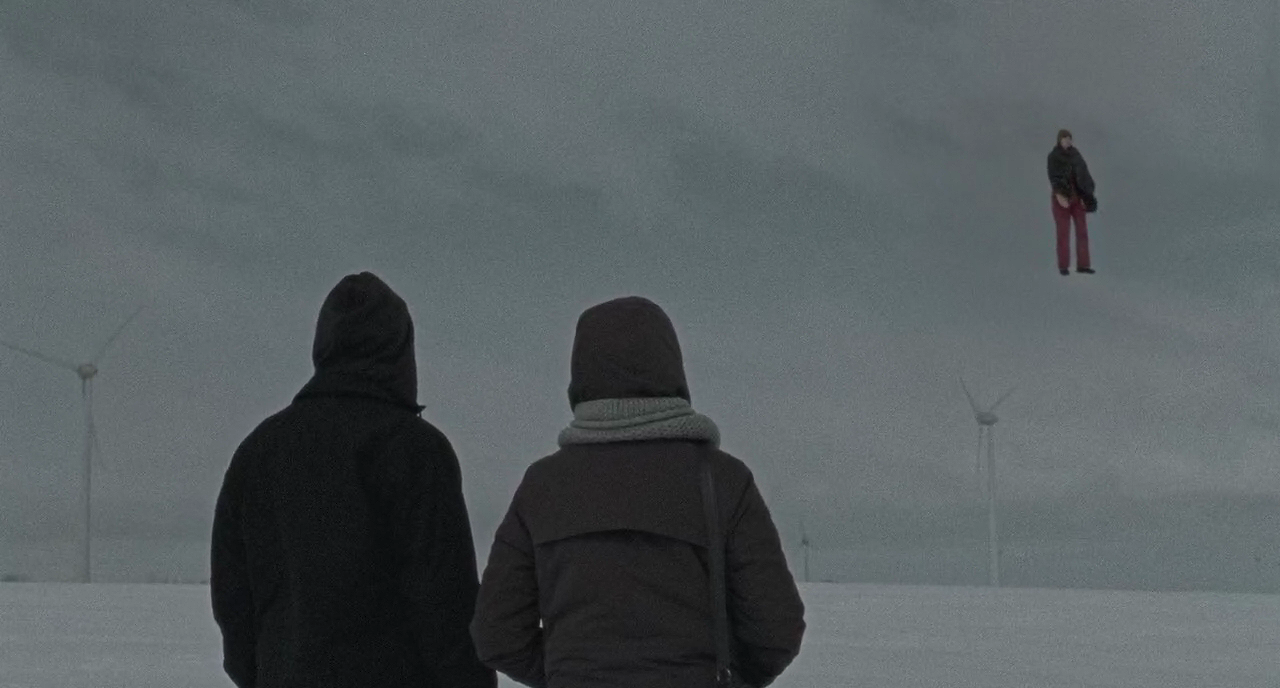
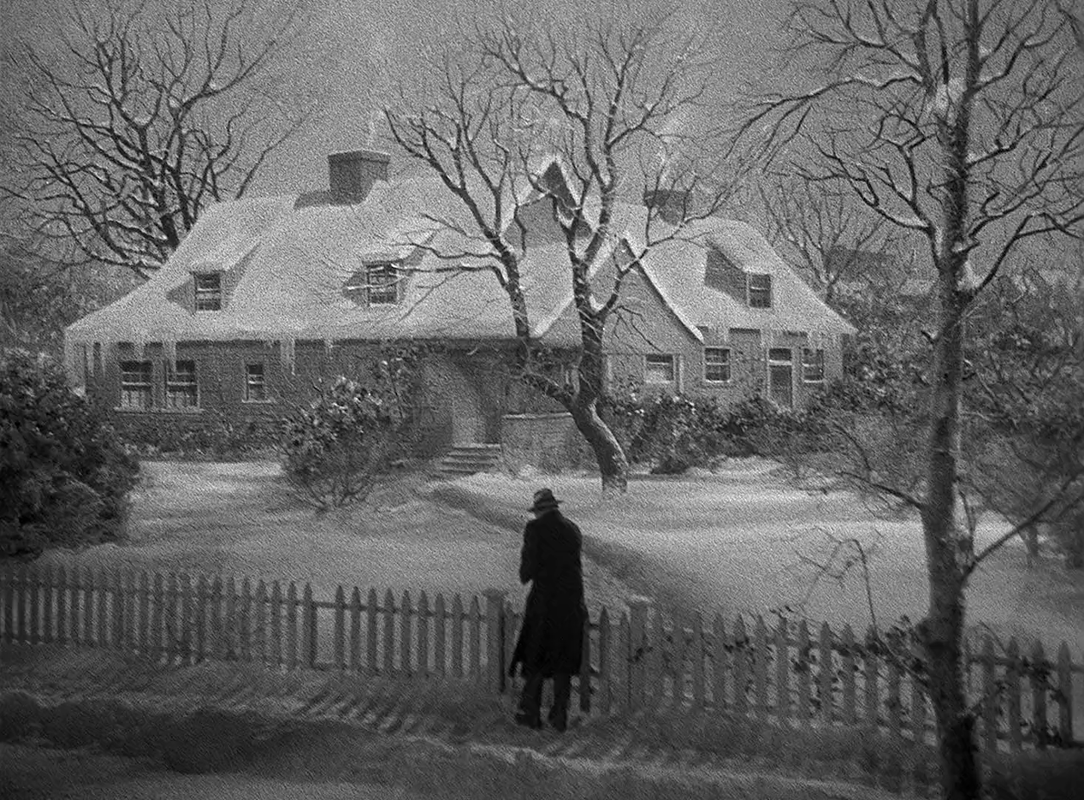
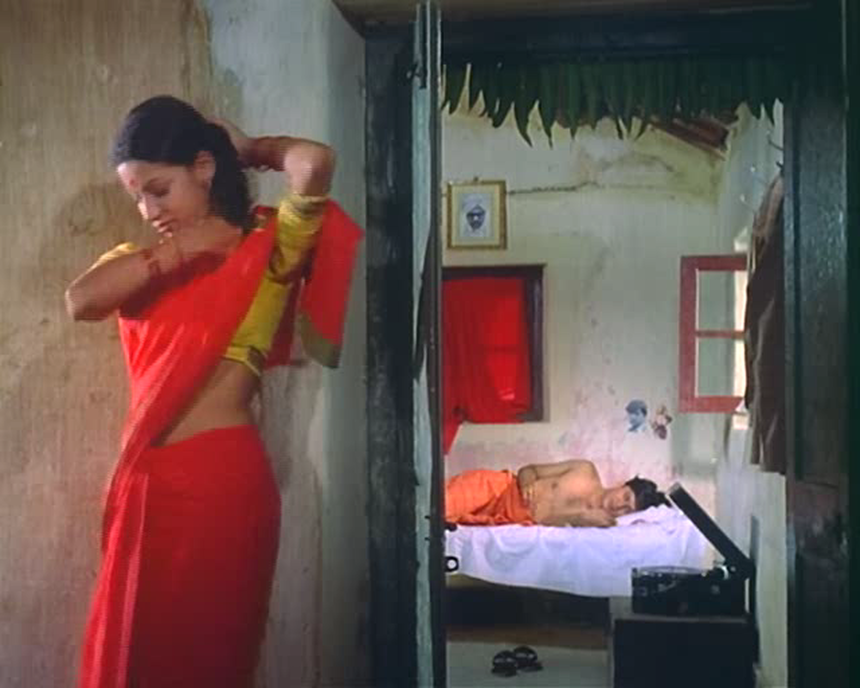
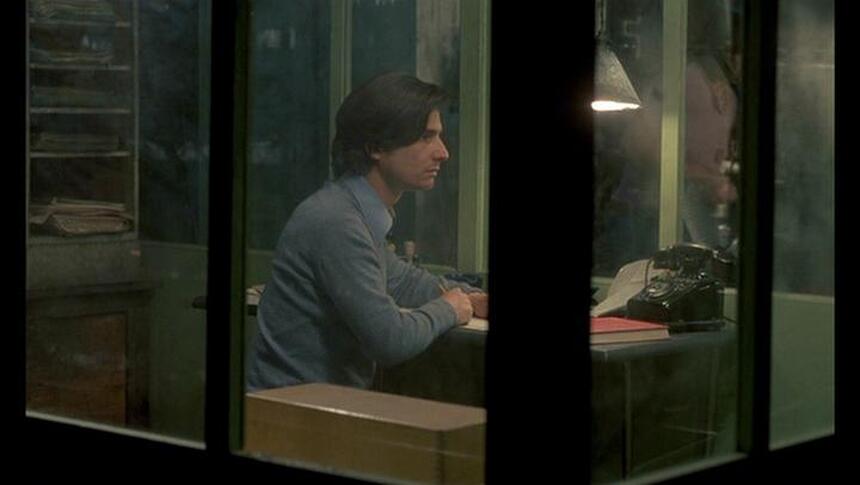
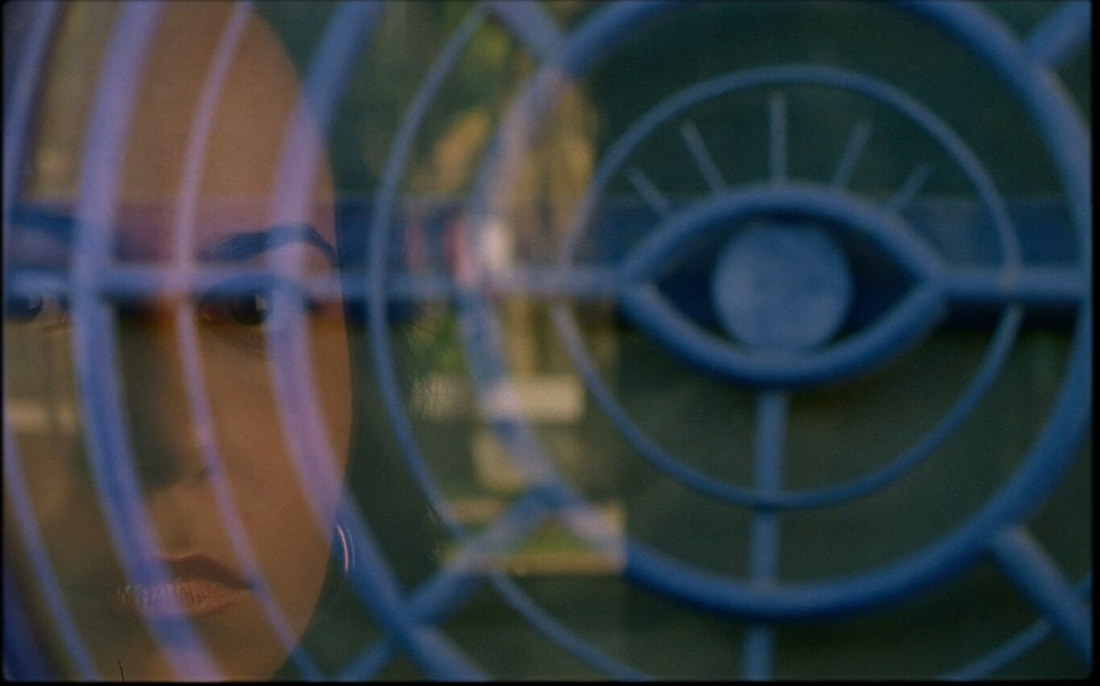
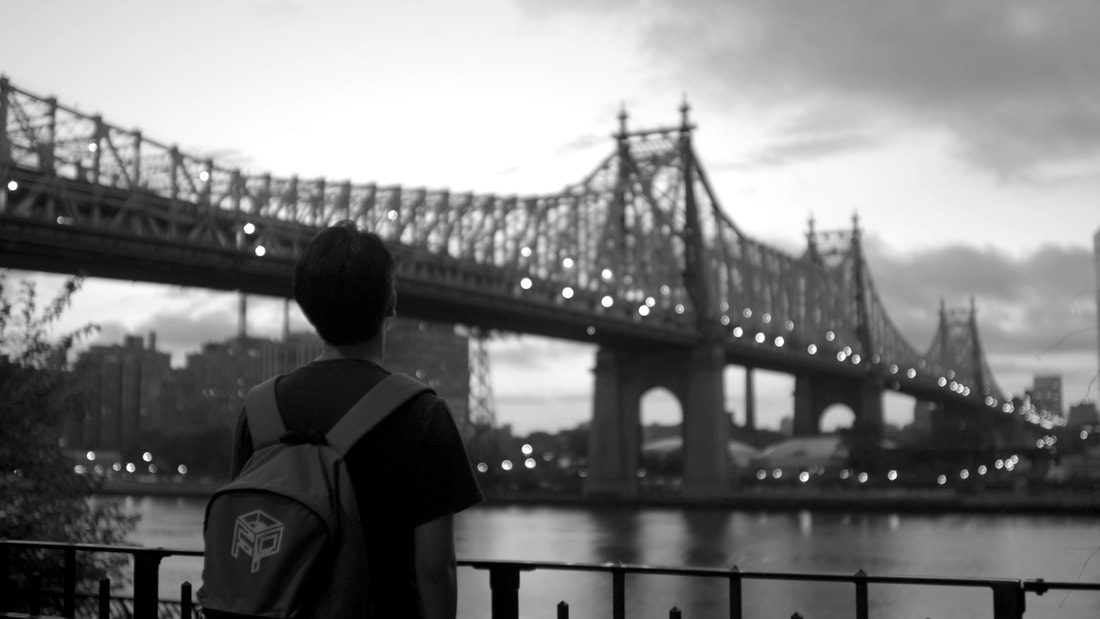
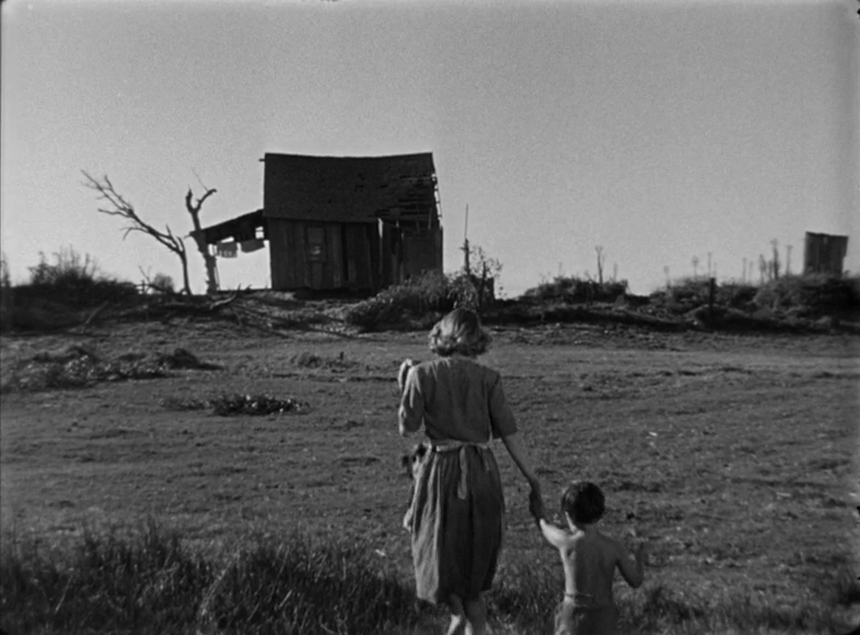
 RSS Feed
RSS Feed
